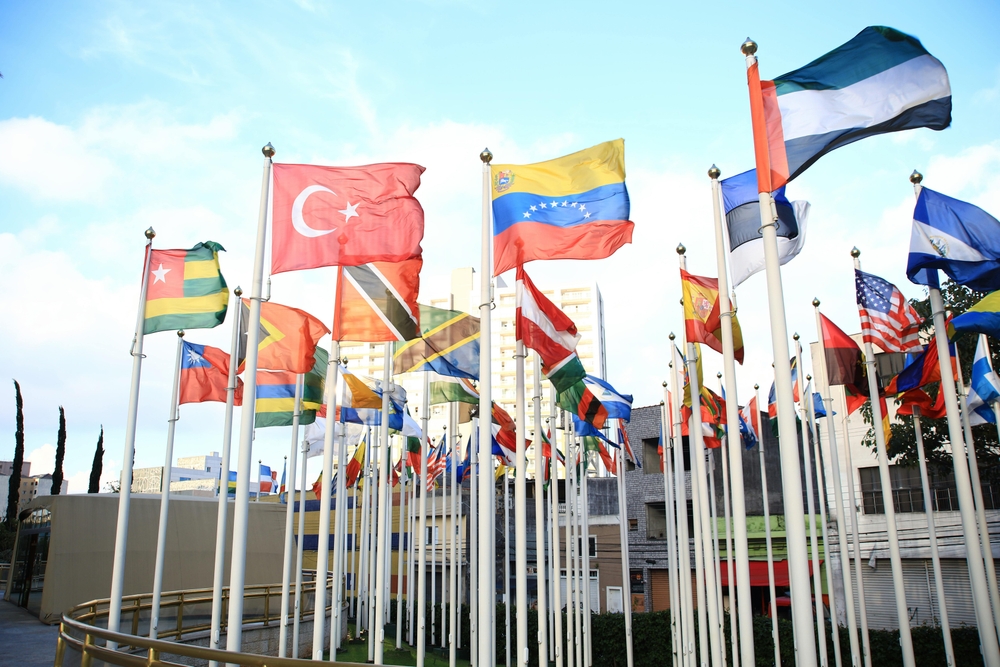Published
- 3 min read
Peace and Diplomacy: Charting a New Path in Global Relations

The Case for Diplomacy Over Militarization
In an era marked by intensifying global tensions and conflicts, the path to sustained progress lies not in an arms race but in robust diplomatic frameworks. While the stockpiling of weapons and the rhetoric of deterrence dominate headlines, history teaches us that meaningful, lasting peace is achieved through dialogue, understanding, and cooperation.
Prioritizing Conflict Resolution Mechanisms
The conflicts in Ukraine, Gaza, Sudan, and Syria exemplify the devastating consequences of unresolved grievances. Instead of fueling these crises with arms, the international community must invest in conflict resolution mechanisms. Organizations such as the United Nations and regional alliances have the potential to mediate disputes effectively, provided they are empowered with adequate resources and impartiality.
Lessons from Past Diplomacy
Post-World War II reconstruction offers valuable insights. The Marshall Plan, for instance, demonstrated how economic support and cooperative rebuilding efforts could transform devastated nations into thriving democracies. Such initiatives underscore the importance of addressing root causes—poverty, lack of education, and inequality—rather than exacerbating conflicts with military solutions.
Economic Incentives for Peace
The defense industry, while lucrative for a select few, diverts critical resources from essential sectors such as education, healthcare, and infrastructure. Shifting these funds toward sustainable development projects can address the underlying factors that often lead to unrest.
Collaborative Economic Models
Countries can adopt collaborative economic models to replace arms trade with trade agreements that foster mutual growth. Encouraging cross-border investments and technological collaborations can help nations build interdependencies that deter conflict and promote peace.
Strengthening International Norms and Institutions
Global peace requires a recommitment to international norms. The proliferation of arms and unilateral actions undermine collective security. Strengthening treaties like the Arms Trade Treaty and enforcing compliance with international humanitarian law are essential steps toward de-escalating conflicts.
The Role of Multilateral Diplomacy
Multilateral platforms such as the G20, the European Union, and the African Union play pivotal roles in addressing global challenges. Through coordinated efforts, these bodies can mediate disputes and provide frameworks for long-term peace agreements.
Education and Advocacy for Peace
Addressing militarization requires a cultural shift. Education systems worldwide must emphasize peace studies, conflict resolution, and the importance of diplomacy. Grassroots movements and civil society organizations can amplify calls for disarmament and advocate for policies that prioritize human welfare over militarization.
Mobilizing Civil Society
From climate justice to anti-war protests, the power of organized civil society is undeniable. By mobilizing public opinion against the arms race, societies can pressure governments to adopt more pacifist stances.
Conclusion: Choosing Hope Over Fear
The world stands at a crossroads. While the temptation to rely on arms and militarization remains strong, the long-term consequences of such a path are dire. By choosing diplomacy, nations can not only prevent conflicts but also lay the groundwork for a more equitable and just global order. The future depends on bold leadership and collective action toward a shared vision of peace and prosperity.
